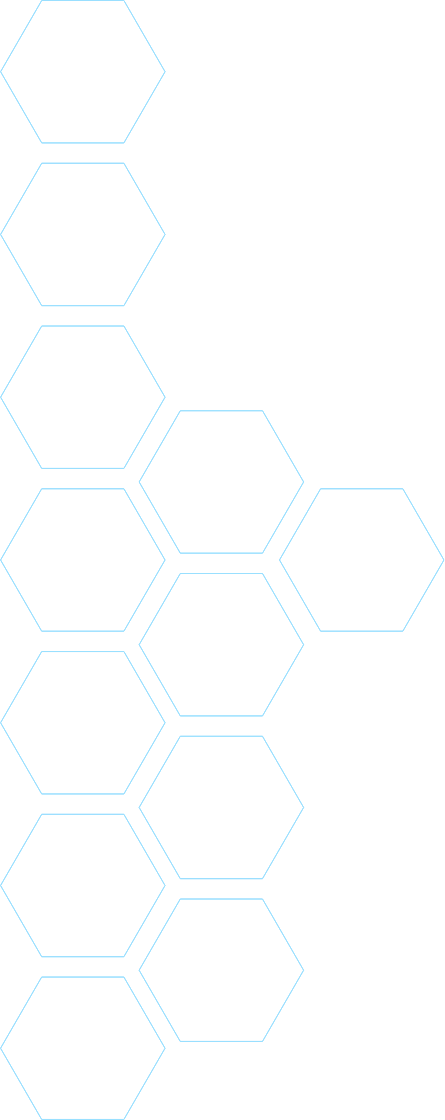By Russell McCulley, Editor – Features and Technology
Silicon Valley entrepreneur believes in the power of technology to address society’s biggest challenges, from clean energy to Covid-19
Asking Thomas Siebel to reflect on his career feels a bit premature — clearly, the story of the Silicon Valley entrepreneur, founder and chief executive of C3.ai, has quite a few chapters yet to be written.
But it has been a remarkable story so far with a couple of themes running throughout: Siebel has incredibly good timing and a knack for anticipating what the market will need long before the market itself does.
Both have helped him stay at the front of the profound changes in society and business brought about by the digital transformation, as it has come to be known.
His current venture is helping industries, including oil and gas, put cutting-edge technologies such as artificial intelligence and the Internet of Things (IoT) to work in addressing business challenges as wide-ranging as supply chain management, predictive maintenance and energy efficiency.
Siebel founded C3.ai in 2009, a few years after his previous company, Siebel Systems, merged with Oracle Corporation, the company that hired him, fresh from graduate school, in the early 1980s.
Of the new venture’s origins, Siebel says: “I got together with some people and started talking about what was coming next.”
Digital technologies were evolving rapidly, including “elastic” cloud computing, big data, IoT, all of which “enable the field of AI/predictive analytics”, he says.
“It occurred to me that this was going to be a large and exciting market opportunity, where we could solve a class of problems that were previously unsolvable.”
C3.ai saw its initial market in utilities, using AI to increase grid efficiency and in the application of distributed resource management, which becomes more challenging when renewable energy is introduced into the mix, Siebel says.
It was a logical step to other industries.
“It occurred to me that these are basically AI and IoT problems that we’re solving, and we could apply this to any industry,” he says.
The company’s enterprise AI technology is being put to work in a range of industries including aerospace, manufacturing, health care and, not least, oil and gas, where C3.ai and Baker Hughes have teamed to develop a suite of sector-specific software applications.
Siebel entered graduate school at the start of the 1980s, around the time personal computers were moving from concept to reality.
He had an undergraduate degree in history from the University of Illinois at Urbana-Champaign, had done a stint as “a cowboy on a ranch in Idaho” and was planning his next move — likely a graduate degree in business back at UIUC — when he ran across a copy of Harvard sociologist Daniel Bell’s influential 1976 book The Coming of Post-Industrial Society.
“He predicted, before the minicomputer, before the PC, before the cell phone, that the global economy was about to go through a restructuring on the order of the Industrial Revolution,” Siebel recalls.
“He called it the Information Age or the Post-Industrial Society, and suggested that data and the timeliness and accuracy of information would become the most precious resource, and it would change everything about the way we entertain ourselves, communicate, et cetera.”
It was a life-changing moment.
“I thought, I want a seat at that table. So I got admitted to engineering college and got a graduate degree in computer science, specifically relational database theory.”
He was snapped up by Oracle, then a startup with about 20 employees in the US, where he worked his way up in the company over the next decade.
In 1993, he started Siebel Systems, applying computer technology to customer marketing, sales and service, essentially inventing the field of customer relationship management, now prevalent enough to be known simply as CRM.
“Six years later, we had 8000 employees in 29 countries, we were doing $2 billion in business,” he says.
“It was the fastest-growing technology company in history. It was quite a ride and it was really fun.”
C3.ai has seen its own rapid growth over the past decade and is putting AI technology to work in some surprising areas.
In late March, the company teamed with Microsoft and several leading universities, including Siebel’s alma mater and the University of California Berkeley, to launch the C3.ai Digital Transformation Institute, a research consortium dedicated to accelerating the application of AI “to speed the pace of digital transformation in business, government, and society.”
The institute’s first call for proposals addresses the coronavirus crisis, inviting “scholars, developers, and researchers to embrace the challenge of abating Covid-19 and advance the knowledge, science, and technologies for mitigating future pandemics using AI”.
In a release announcing the initiative, Siebel says: “We have the opportunity through public-private partnership to change the course of a global pandemic. I cannot imagine a more important use of AI.”
The effort is in keeping with Siebel’s optimistic vision of AI and his belief that technology can be a force for good.
That message comes across in his most recent book, last year’s Digital Transformation: Survive and Thrive in an Era of Mass Extinction, and in his assertion that promises of a transition to clean energy are not empty ones.
“In oil and gas, everybody wants more clean energy, renewable energy, safer energy,” he says, insisting that technology can help build a financial incentive to go with the moral case for action.
“It’s not like we’re dragging them into it — everybody wants to do this,” he says.
Read the full article here.


